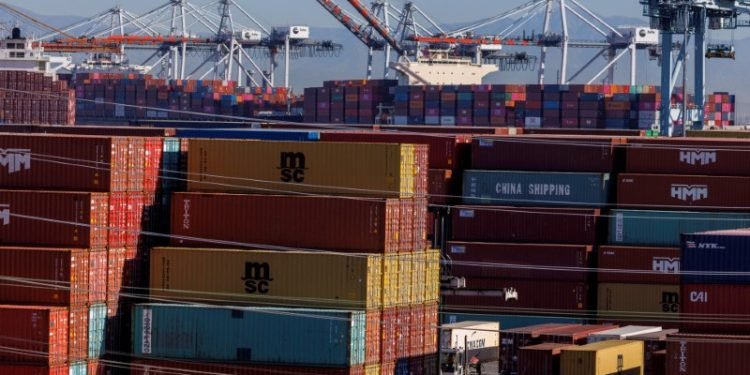The tentative six-year contract between the International Longshoremen’s Association (ILA) and the United States Maritime Alliance (USMX) averted a potentially disruptive port strike, bringing relief to shippers. However, the preemptive measures taken in the weeks leading up to the agreement have left lasting effects on supply chain operations.
Preparing for the Unknown
Fearing a labor stoppage, shippers acted early to secure their supply chains. Common strategies included front-loading goods, diverting shipments to alternative ports, and halting new bookings. These efforts ensured that essential inventory arrived on time, but also introduced complexities that logistics managers are now working to resolve.
Post-Agreement Challenges
The rush to mitigate risks created temporary congestion at certain ports, delayed some deliveries, and increased transportation costs. Additionally, alternate routing decisions and elevated volumes have caused uneven flows in the supply chain, prompting shippers to reconfigure their logistics plans to align with the new reality.
Strategic Adjustments by Retailers
Retailers handled the situation with a calculated approach, advancing select shipments and maintaining flexibility to adapt quickly once the agreement was reached. This careful planning minimized the financial burden and ensured that key products remained available to consumers despite the uncertainty.
Looking Ahead: A Stabilizing Supply Chain
Now that operations are stabilizing under the new agreement, shippers and logistics providers are focusing on clearing backlogs, restoring normal cargo flows, and fine-tuning their contingency strategies. The ILA-USMX agreement provides a foundation of stability, but the lessons learned during this period will shape how shippers prepare for future disruptions.
Conclusion
By acting early and staying agile, the shipping industry navigated a potentially turbulent time. As operations return to normal, shippers can leverage their experiences to build more resilient supply chains, ensuring that goods move smoothly in an ever-changing logistics landscape.
#ILAUSMXAgreement #ShippingIndustry #SupplyChainResilience #TheLogisticNews























